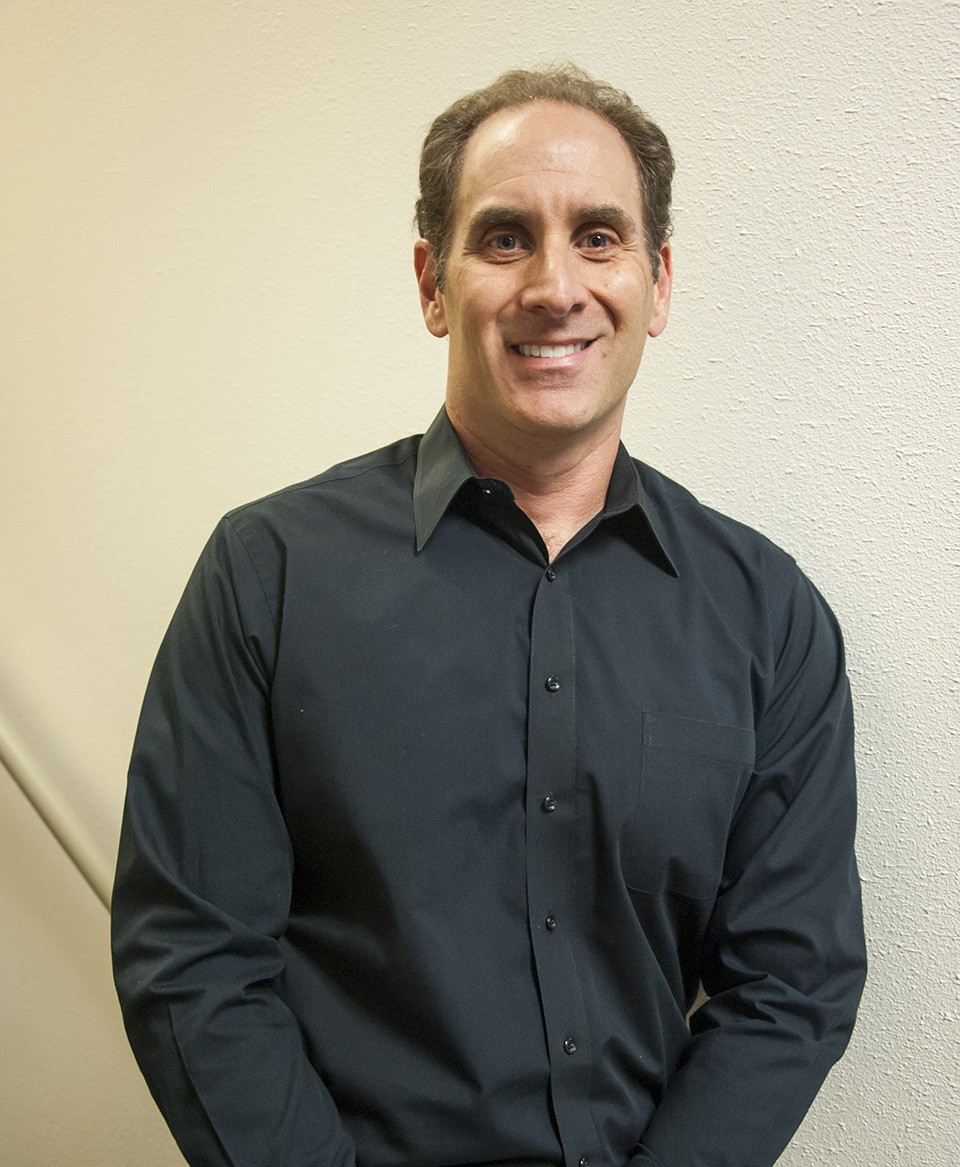CSUN Alumni Career Q&A: Reality TV Insight with Michael Ambers
Michael Ambers ’92 (Journalism) has worked in the entertainment industry for more than 15 years. He is a reality and nonfiction TV producer for Pie Town Productions.
Ambers has produced shows for E! Entertainment Television and worked on the popular Real Housewives of Orange County on Bravo and the House Hunters series on HGTV.
Ambers was recently a panelist at the California State University, Northridge’s “Behind the Scenes: Entertainment Panel,” which featured a variety of entertainment industry professionals speaking about their experiences and giving advice to a jam-packed Grand Salon at the University Student Union.
Prior to the event, Ambers sat down to answer some more direct questions:
CSUN: What advice would you give someone who specifically wants to work behind the scenes on reality television?
Michael Ambers: Pick up all the skills you can. Learn how to do everything. Learn how to shoot, learn how to edit, learn how to tell a story, learn how to direct. The more you can do, the more sellable as a person you are. A lot of shows work on skeleton crews, and the more you can do, the more advantage you have over those who can’t.
CSUN: Is there a different path to get into reality TV production compared to scripted TV production?
MA: I don’t believe there is a difference. I think it’s just a matter of seizing an opportunity as it comes to you. Most of my friends in reality TV have scripted [TV] dreams, and I have a lot of friends who’ve gone from scripted to reality. That wasn’t quite so much the case 10 to 15 years ago, but there’s a lot of fluidity between the two now. It’s really about opportunities, and following a path and seeing if it’s the one you want to go down. But I don’t see that there’s a different mindset, per se, between one or the other. It’s just a matter of which path you prefer to follow.
CSUN: For someone getting into the TV production business, do you see reality TV maintaining its popularity?
MA: Oh, absolutely. Because if nothing else, reality TV is cheap to make. With the advent of digital channels and streaming services that are doing original content, there are many more hours during the day and many more channels that need content, and some of the cheapest content to put on is reality TV for a variety of reasons — not having to deal with unions, guilds or actors. I don’t see it going away at all. If anything, as the digital spectrum explodes even further, there is going to be even more call for it.
CSUN: For people wanting to get into TV production, what sort of skills should they hone?
MA: It really depends on what people are hiring for. Obviously, passion is cliché, but it is a necessity. If people are hiring editors, they want editors. If people are hiring writers, they want someone who can tell a story. If people are hiring directors, they want people who can shoot. But ultimately, if you’re going to follow that creative side of production rather than do budgets, scheduling and stuff like that, you need to know how to tell a story as an editor, as a shooter, as a director, as a writer. It’s about telling a story and knowing how to tell it cogently and coherently. Anybody can learn how to push buttons on an edit machine. Anybody can learn how to operate a camera. Anybody can learn to operate Microsoft Word. But to tell a story is a skill that needs to be developed.
CSUN: If someone is interested in getting into TV production, reality or otherwise, what’s the job landscape like? Is it tough to find a job? Who are the people getting jobs? Should they expect a job after they graduate?
MA: No, you can’t expect a job right away. It would be nice. There are a lot of jobs out there, but there are a lot of people going for those jobs, too.
[Employers] want experienced people, so that first break is always the toughest to get. Pursue it — it can happen. There is no guarantee. It isn’t an easy business, and it will chew you up and spit you out. But it’s a lot of fun, too.If you’re looking for advice, the biggest piece I could give is to call your contacts and any sort of tangential relation that could help you get your foot in the door — a phone call, an email, anything like that. And with social media, it’s so much easier between LinkedIn, Facebook and stuff like that to put the word out that you’re looking for something. Find groups on Facebook or LinkedIn that advertise that they’re looking for people or have networking opportunities. It’s actually easier now to make those connections and hopefully find those jobs, just because the world is a lot smaller now.


 experience
experience